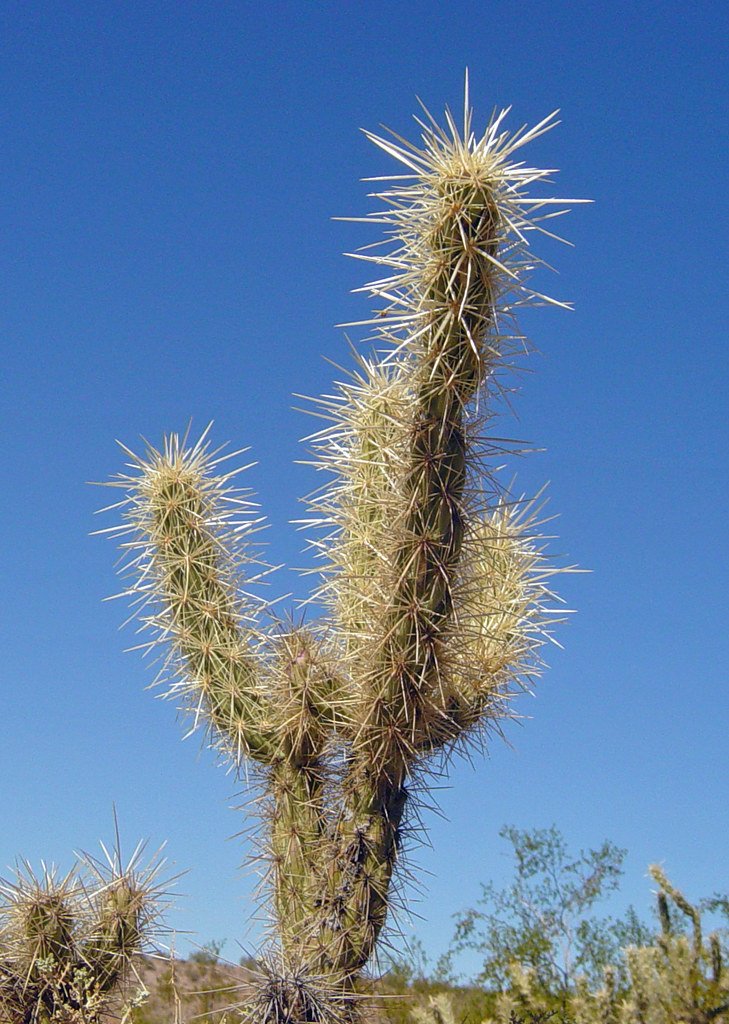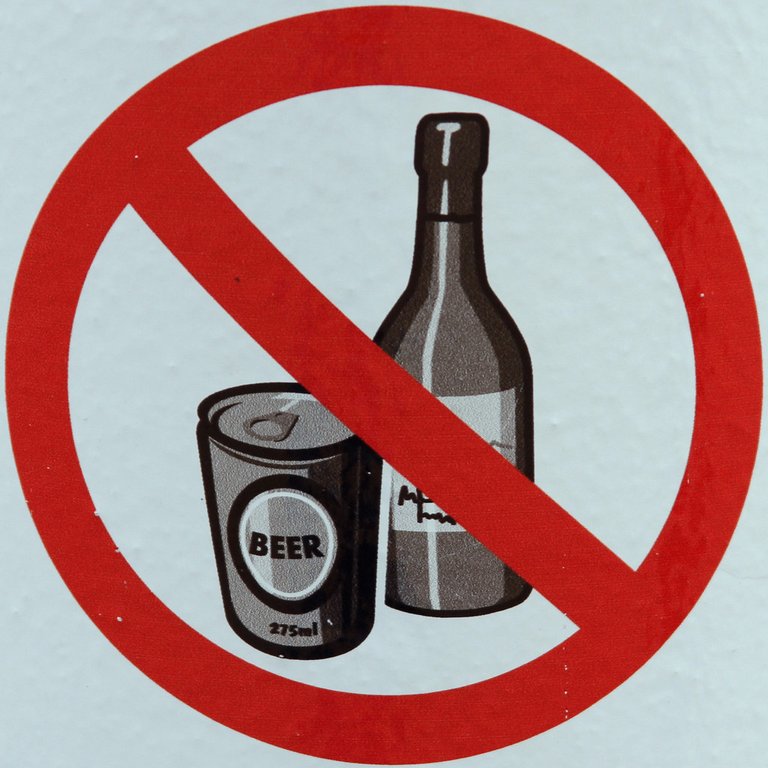Debunking Survival Myths: What Really Works in a Stranded Situation
Ever engaged in a conversation with friends about surviving in dire straits, armed with what you believed to be life-saving myths? It's a common scenario. But as it turns out, some of these widely held beliefs could lead you astray and even jeopardize your well-being. In this post, we'll set the record straight and debunk these survival myths to ensure you're equipped with accurate knowledge when facing challenging situations.
Some people would joke that if they are stranded in a snowy place and need water, they will actually eat snow to replace water. While fresh fallen snow can be somewhat safe to eat, I will not advice it. Eaten snow that has been for a long time might lead you straight to the hospital as it can be filled with contaminants, also the snow has to melt inside the body which will use the body heat in doing so. Water unlike snow has a high heat capacity as it has a stronger bond than snow so lots of energy will be needed to turn the snow to water.
Another joke a lot of people make is drinking water from Cactus plant. While Cactus plant store water for itself to keep it alive in the dry weather, its water contains a lot of noxious chemical. With cactus cam photosynthesis less water is used by the plant.
Cactus plant gather carbon dioxide at night and store them in form of organic acid known as Malic acid through their pores and during the day, the pores are closed to prevent water loss, as they use the carbon to harness light-photosynthesis. While the malic acid isn't harmful to you, lots of Cam photosynthetic plants produce oxalic acid which binds with calcium in the body and is toxic to humans where it can also form calcium oxalate which is responsible for kidney stones.
While you are thinking of drinking your urine, I feel the need to tell you that you cannot do this for a long period as it will build up faster than the kidneys can eliminate when drank again. This can lead to conditions such as kidney failure where the kidney is unable to process the waste being ingested again. Let me guess, you were thinking that you would drink the blood of animals, well that would be a wrong thing to do because blood is made up of iron. The iron is more than what you would need normally, and when the body store the iron in the heart and liver they can begin to cause organ failure and death over time.
In movies, we often see characters consuming alcohol to stay warm in frigid conditions. However, reality differs from the big screen. While alcohol might create a sensation of warmth in the mouth, it has the opposite effect on the rest of the body. Alcohol is a vasodilator, which means it opens blood vessels throughout the body.
This alters the body's ability to control blood flow, causing increased blood flow to the skin's surface. As a result, heat dissipates into the environment. In contrast, the body's natural response is to vasoconstrict, keeping heat within the body's core. To stay warm, it's far more effective to generate heat through physical activity or by rubbing your hands and body.
Survival myths may be entertaining to discuss, but when facing a real-life stranded situation, it's essential to separate fact from fiction. Understanding the science behind survival strategies can mean the difference between life and death. Drinking snow or urine, consuming cactus water or animal blood, and relying on alcohol to stay warm are not sound survival practices. Staying informed about genuine survival techniques, like finding safe water sources and generating body heat through movement, will better equip you to navigate challenging situations successfully.
Reference
- https://www.npr.org/sections/thesalt/2016/01/23/463959512/so-you-want-to-eat-snow-is-it-safe-we-asked-scientists
- https://www.prevention.com/health/a34618470/is-it-safe-to-eat-snow/
- https://krebscreek.com/can-you-drink-water-from-a-cactus/
- https://extension.arizona.edu/sites/extension.arizona.edu/files/attachment/nopal_final_English.pdf
- https://www.ncbi.nlm.nih.gov/pmc/articles/PMC148931/
- https://pubmed.ncbi.nlm.nih.gov/14995148/
- https://www.ncbi.nlm.nih.gov/pmc/articles/PMC3032615/
- https://www.healthline.com/health/drinking-urine
- https://share.upmc.com/2022/03/drinking-your-urine-isnt-good-for-you/
- https://pubmed.ncbi.nlm.nih.gov/14995148/
- https://my.clevelandclinic.org/health/diseases/23352-vasodilation
- https://www.ncbi.nlm.nih.gov/pmc/articles/PMC5513687/



You know I have always thought of drinking urine when stranded in a place with no water but I can tell it is not a good idea
I hope you don't get stranded my dear. It will not be fun drinking your urine
I have never tried drinking any liquid content in a cactus plant, even when there is one in my house garden. I was forced to look at the liquid content in it :)
Do not ever let it cross your mind to have a sip of the water from a cactus plant. It can be acidic and dangerous.
I can really relate with the eating of snow because if one is in a stranded situation, what else comes to mind if not that. I am so glad I read this, so much knowledge gained.
Thanks for your contribution to the STEMsocial community. Feel free to join us on discord to get to know the rest of us!
Please consider delegating to the @stemsocial account (85% of the curation rewards are returned).
Thanks for including @stemsocial as a beneficiary, which gives you stronger support.